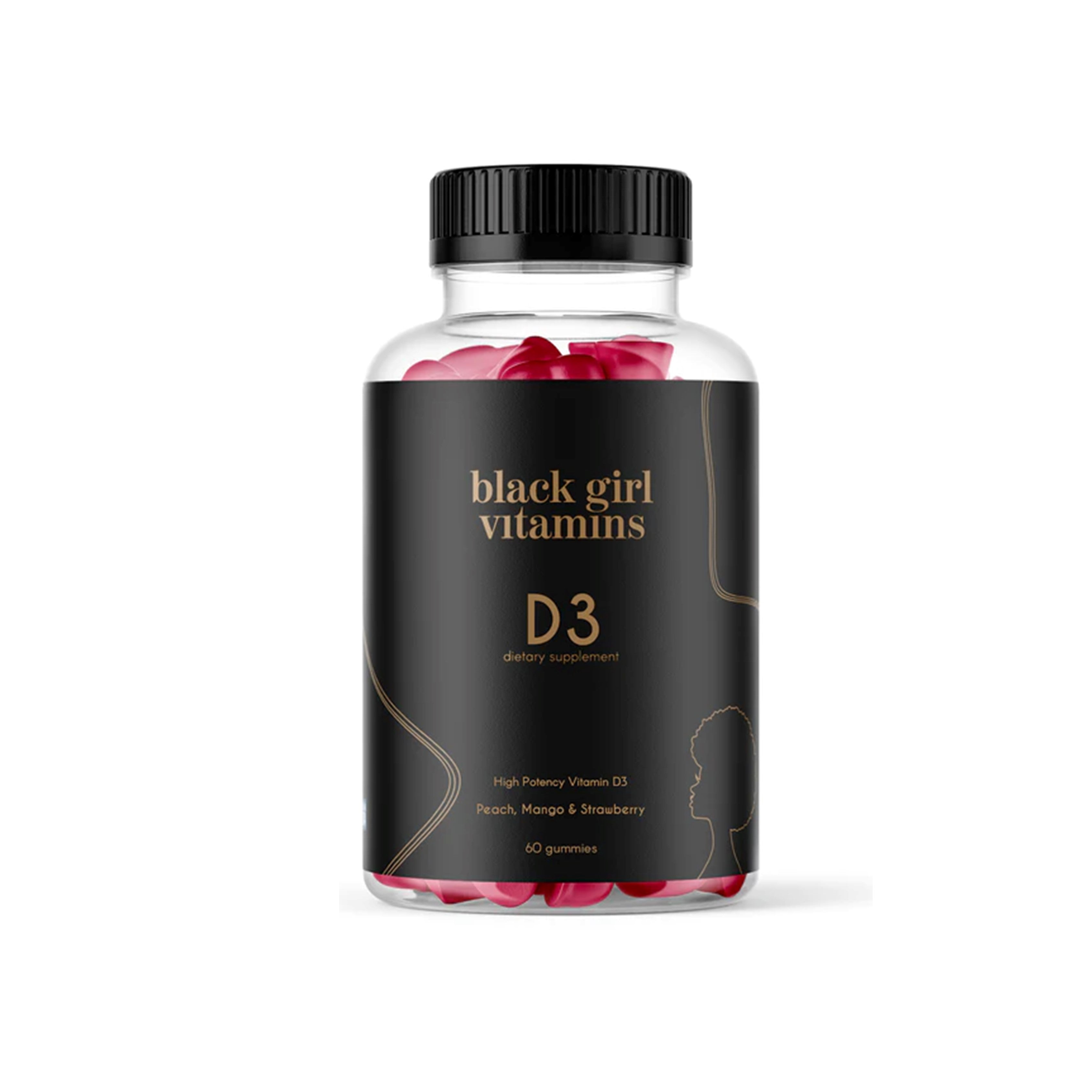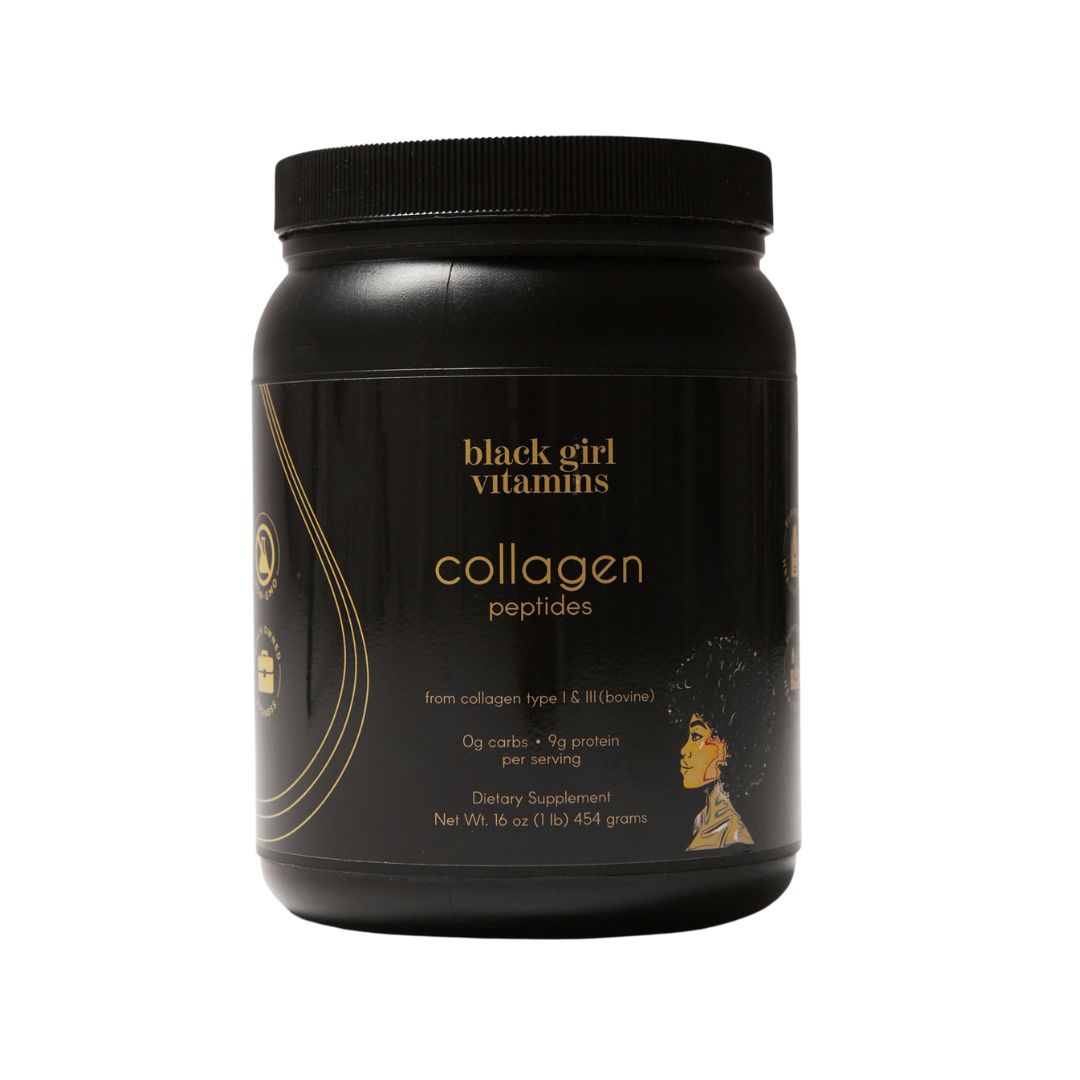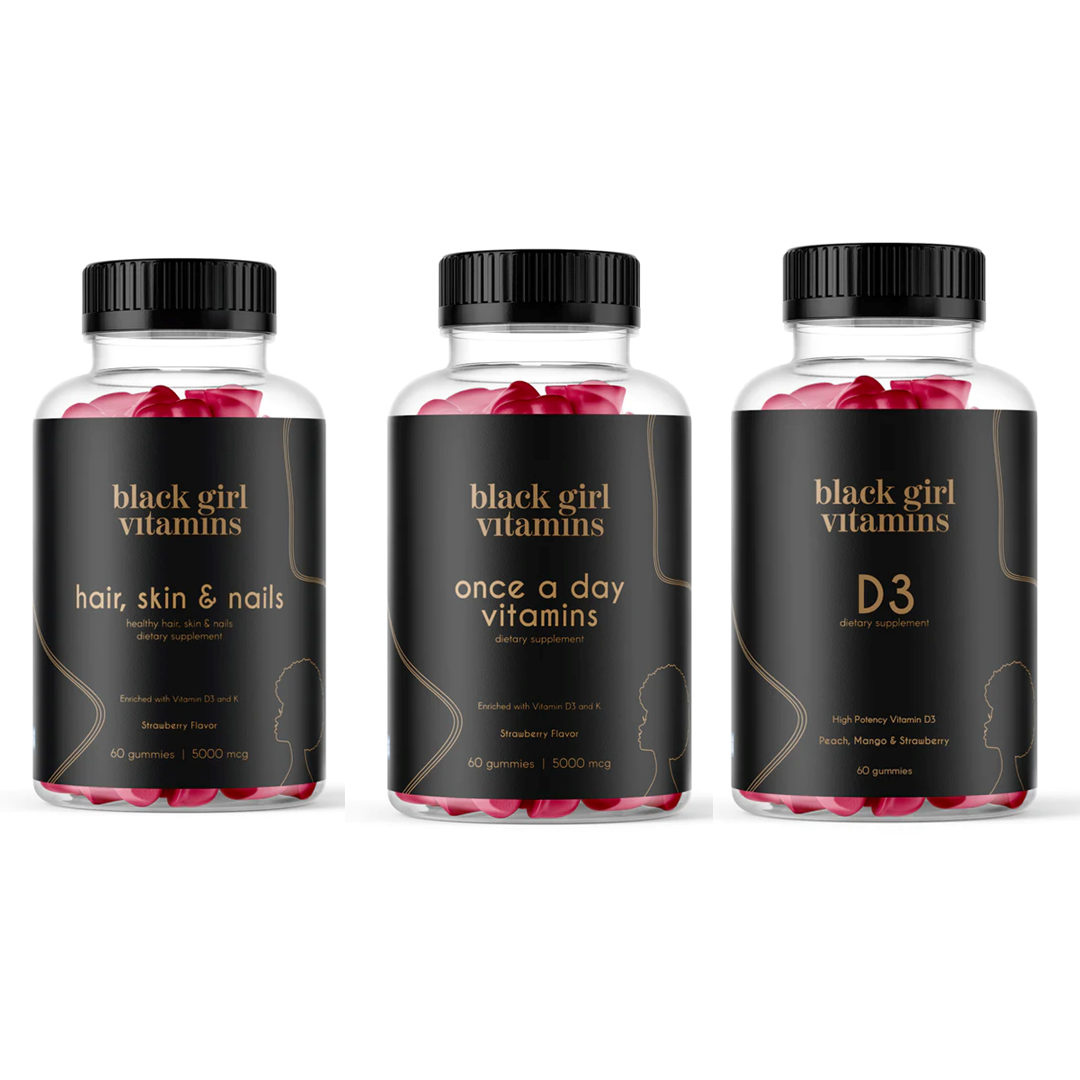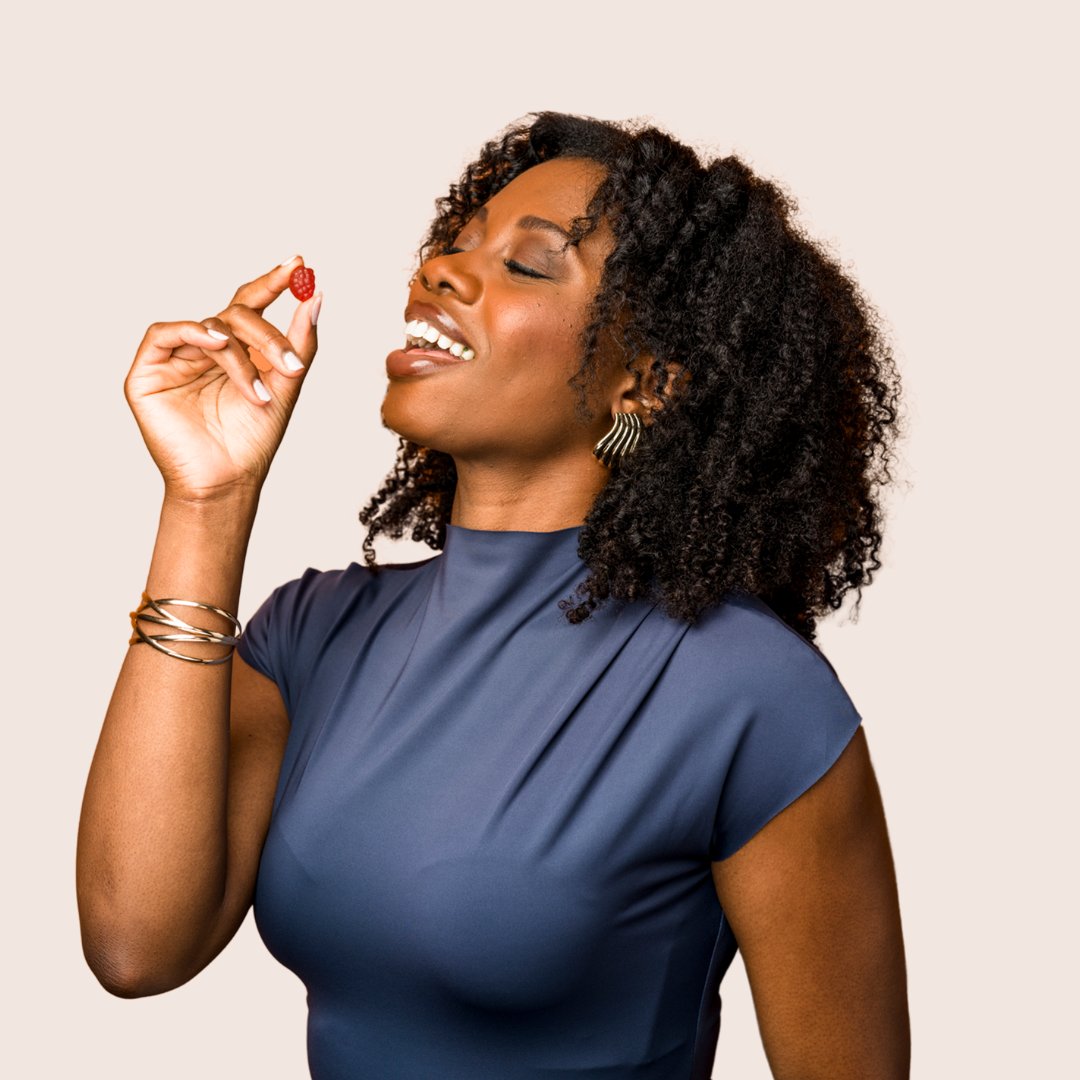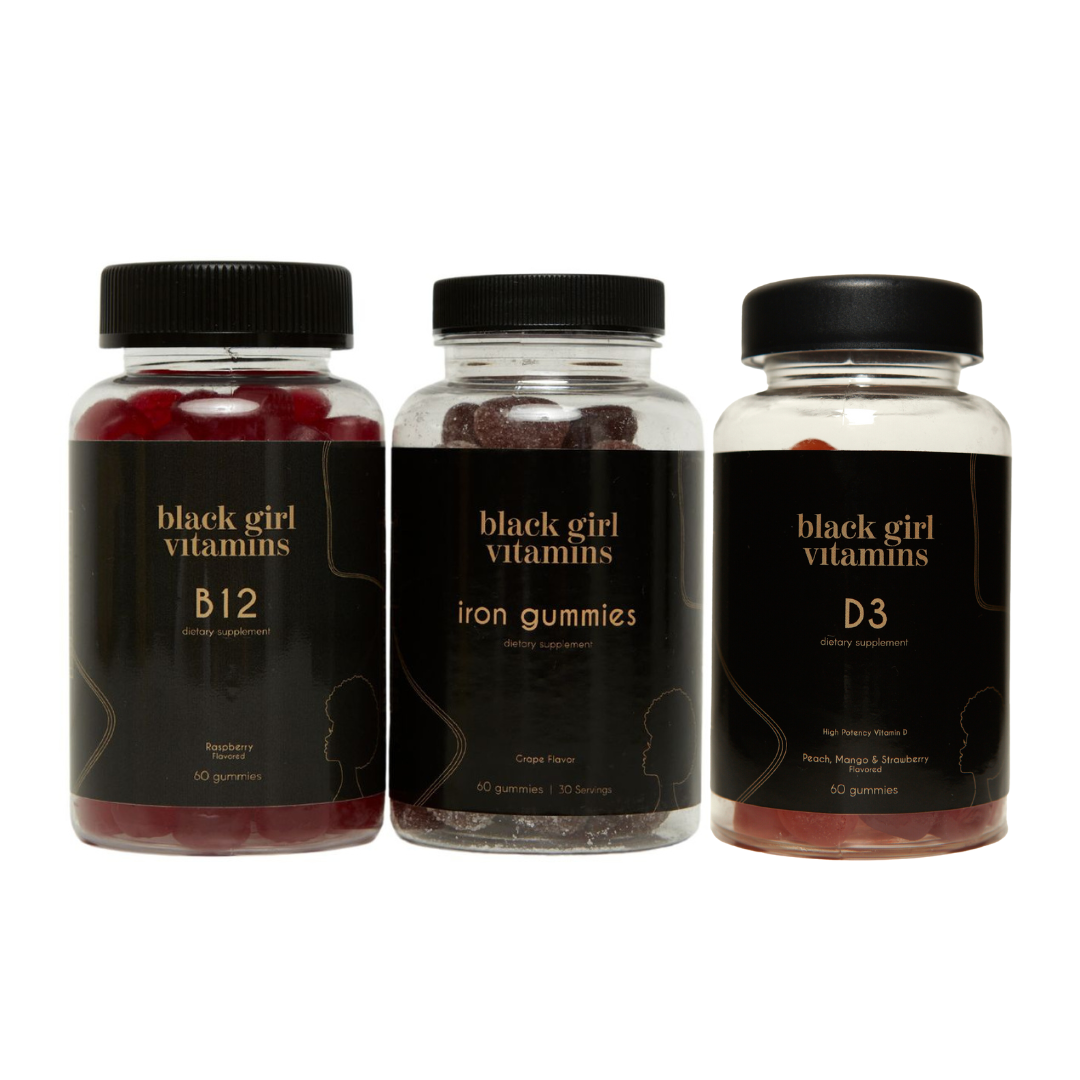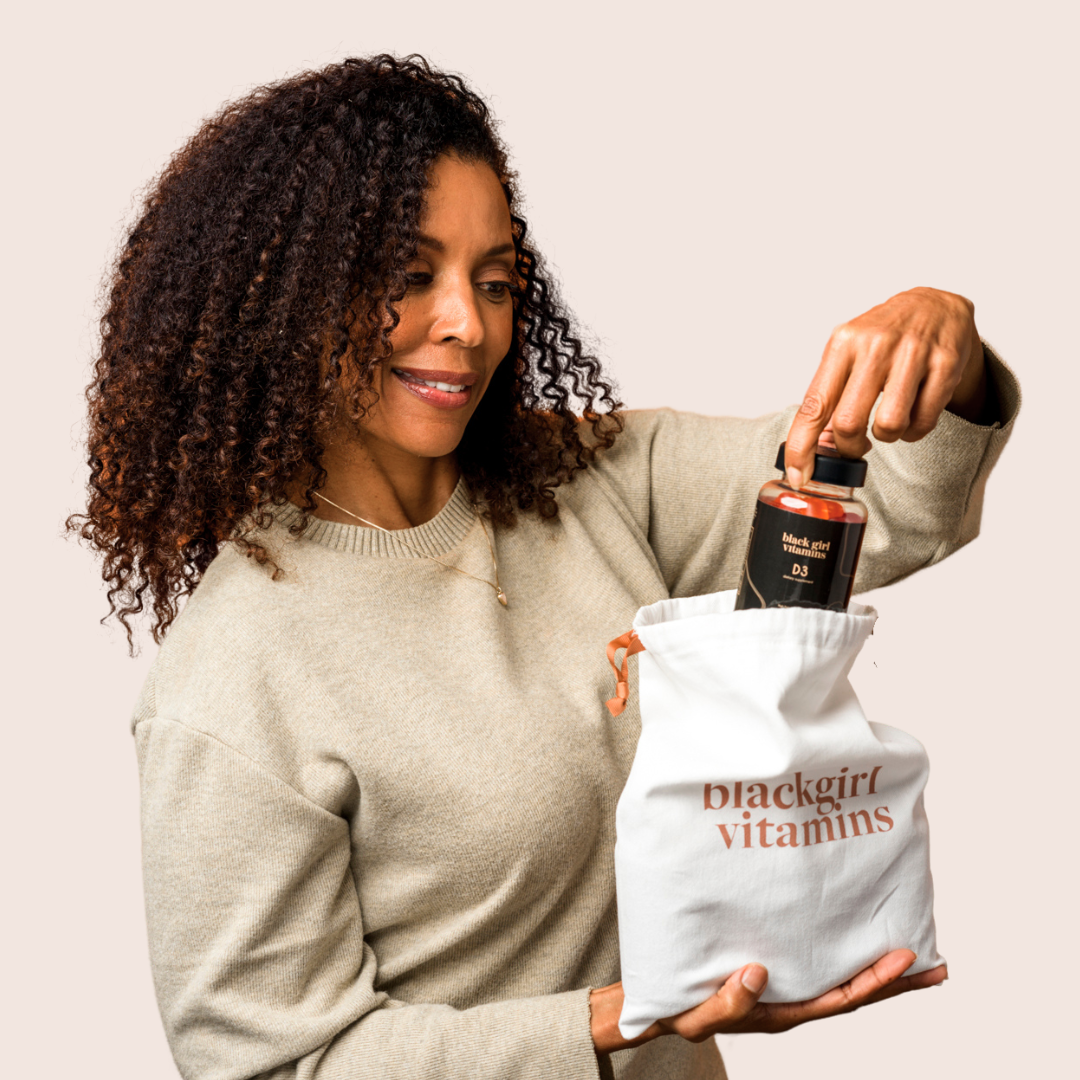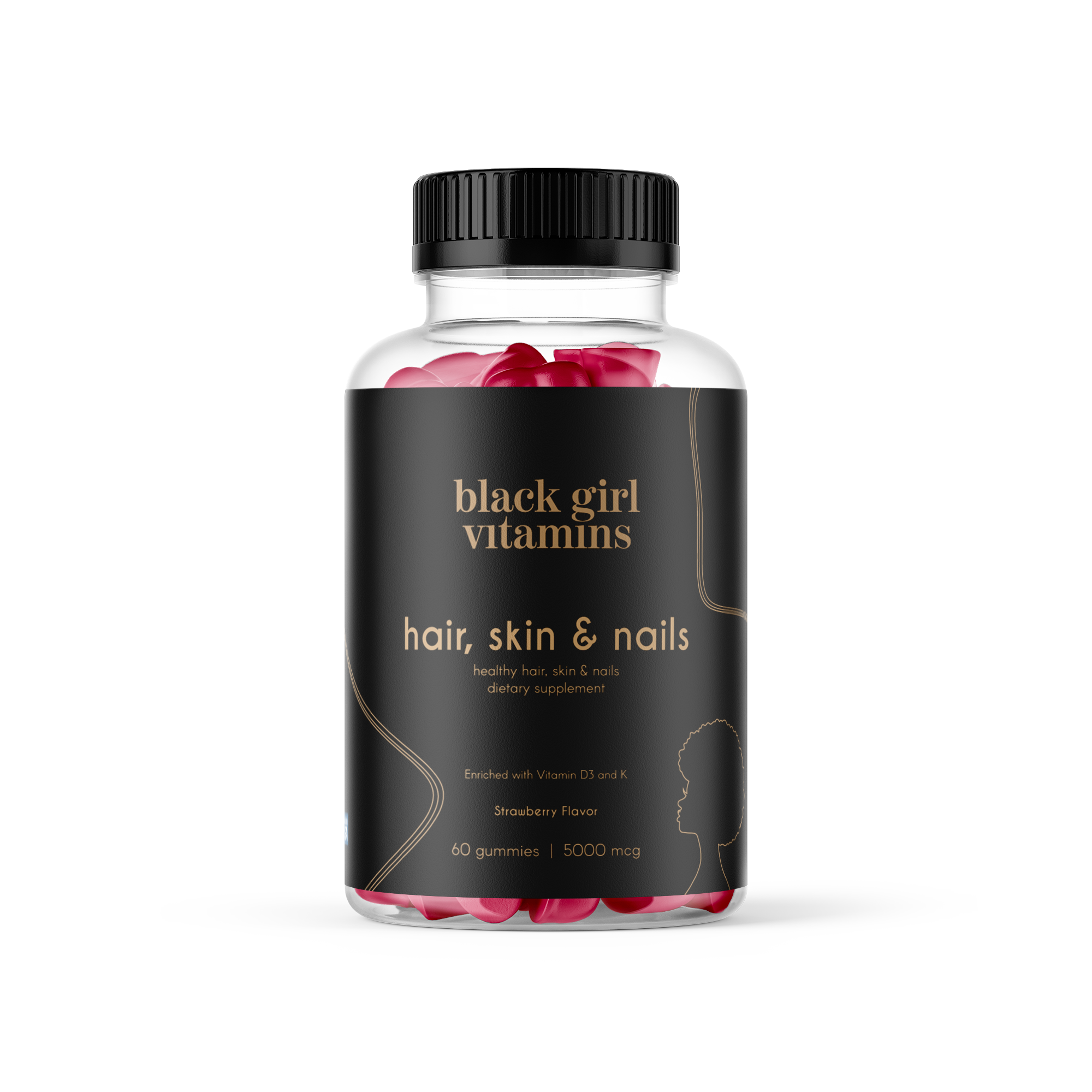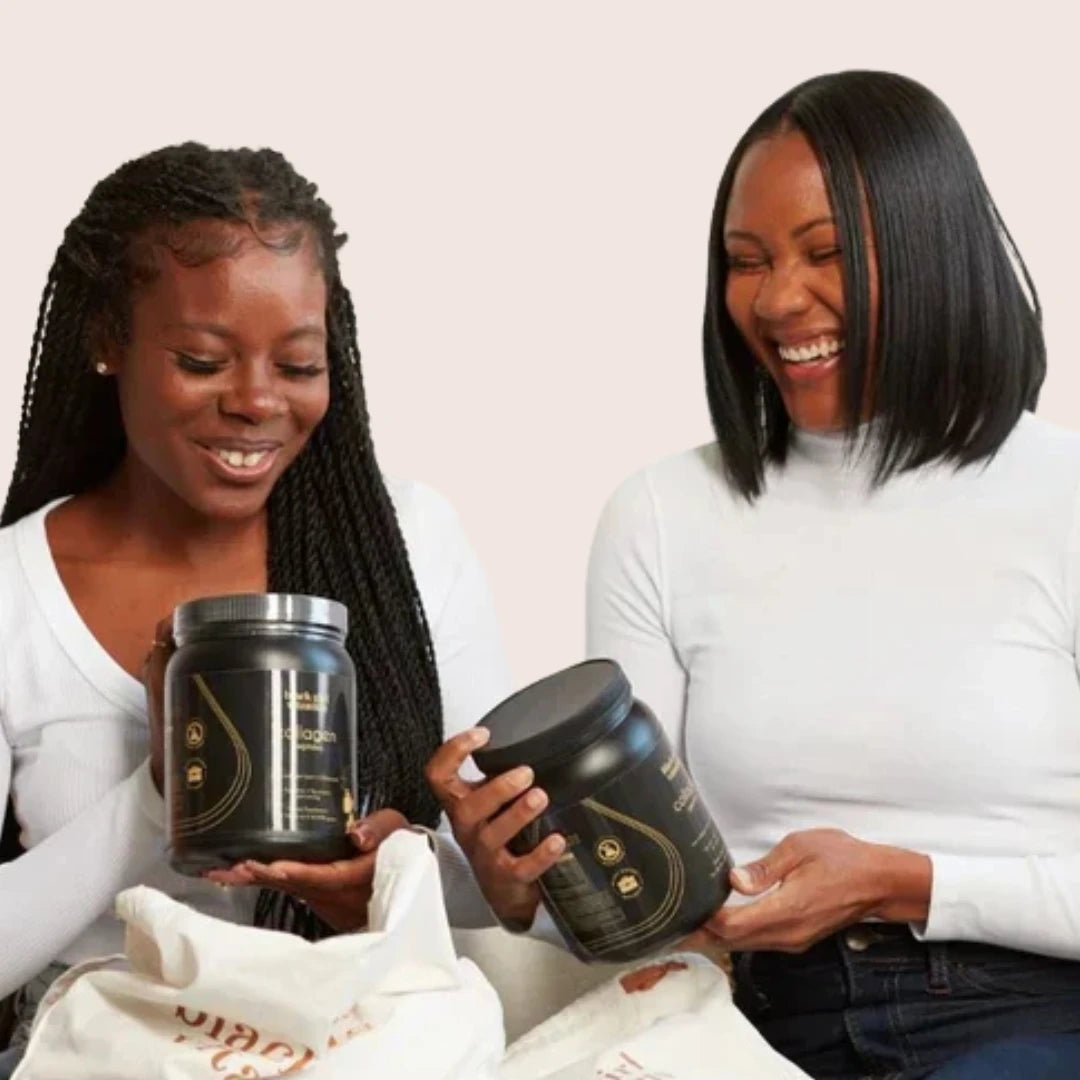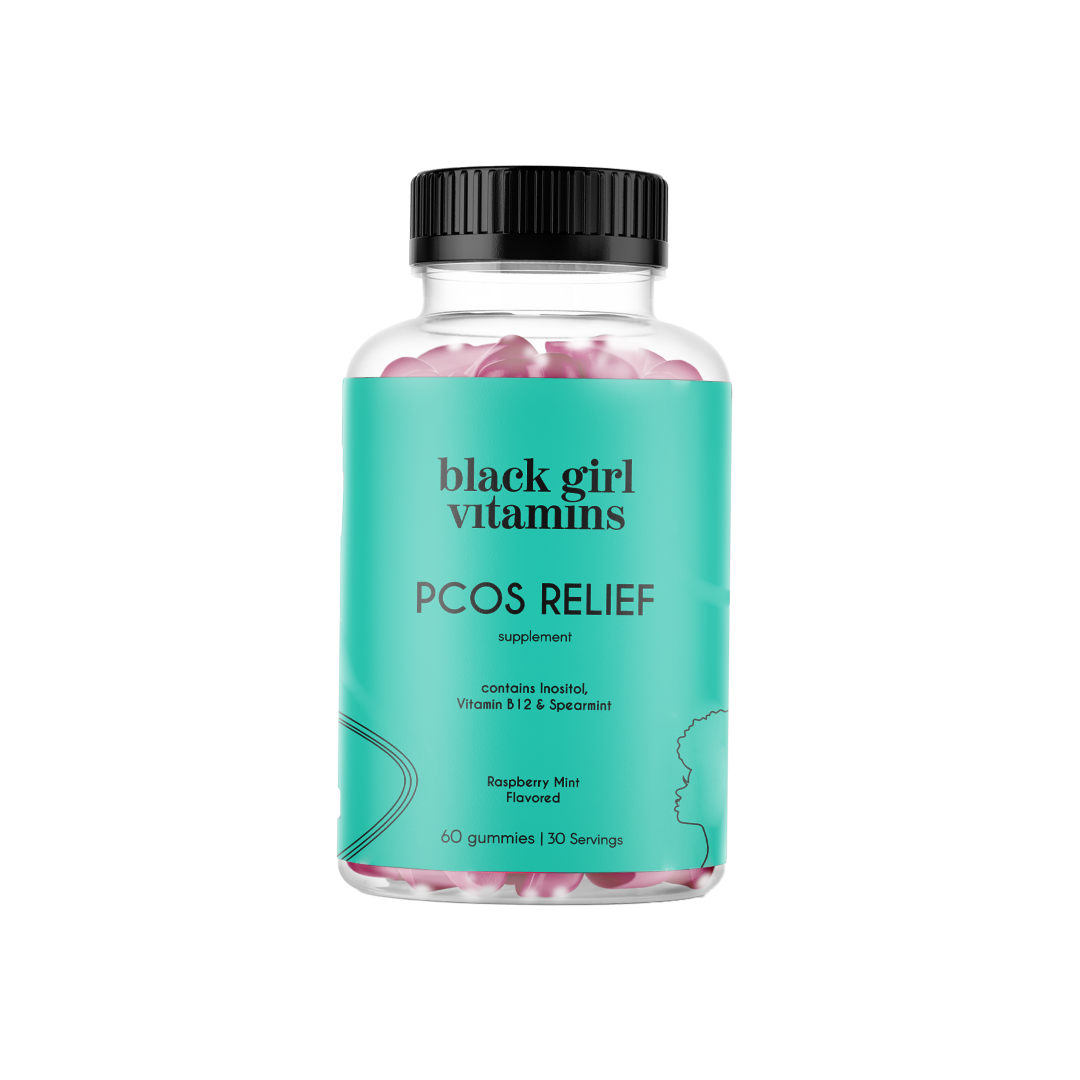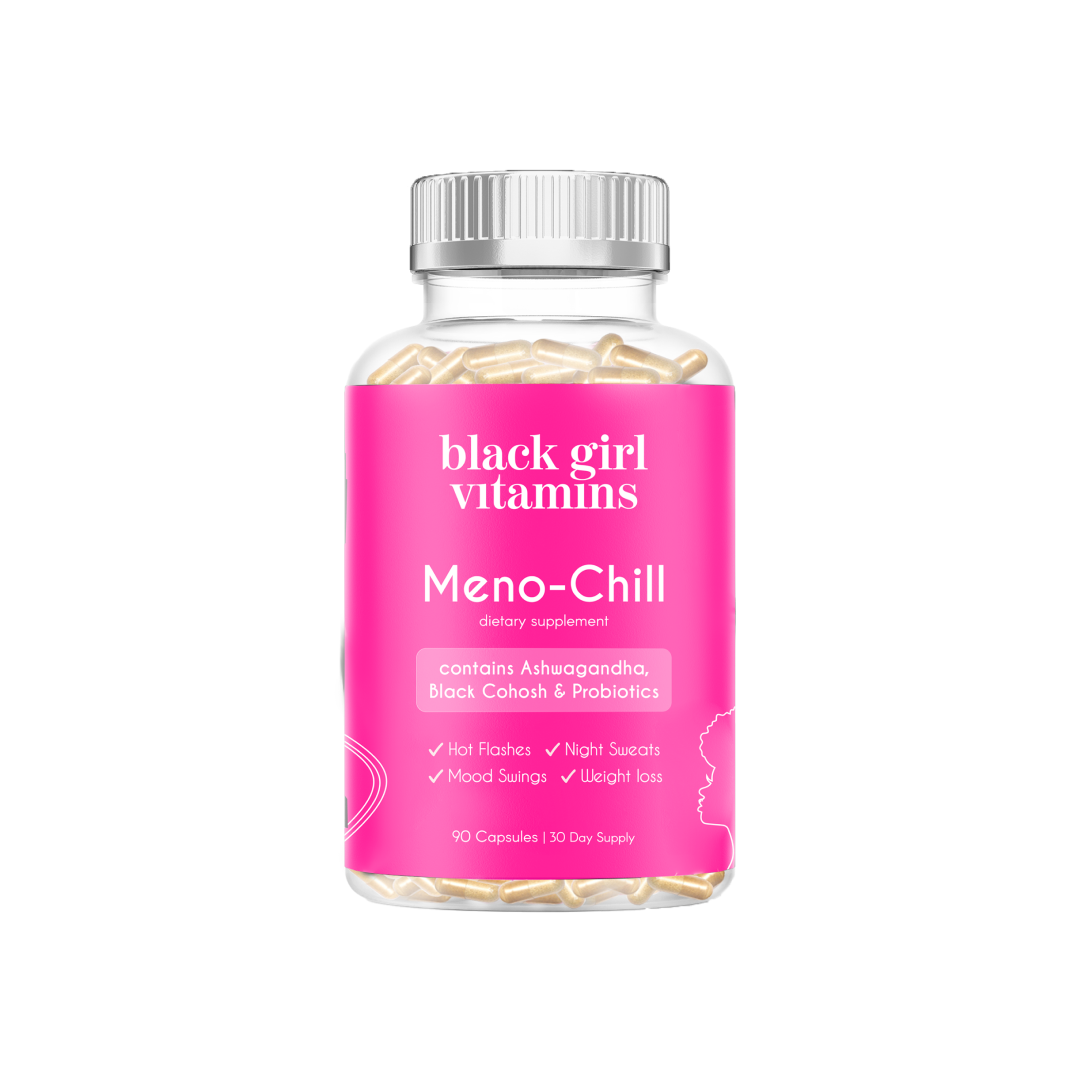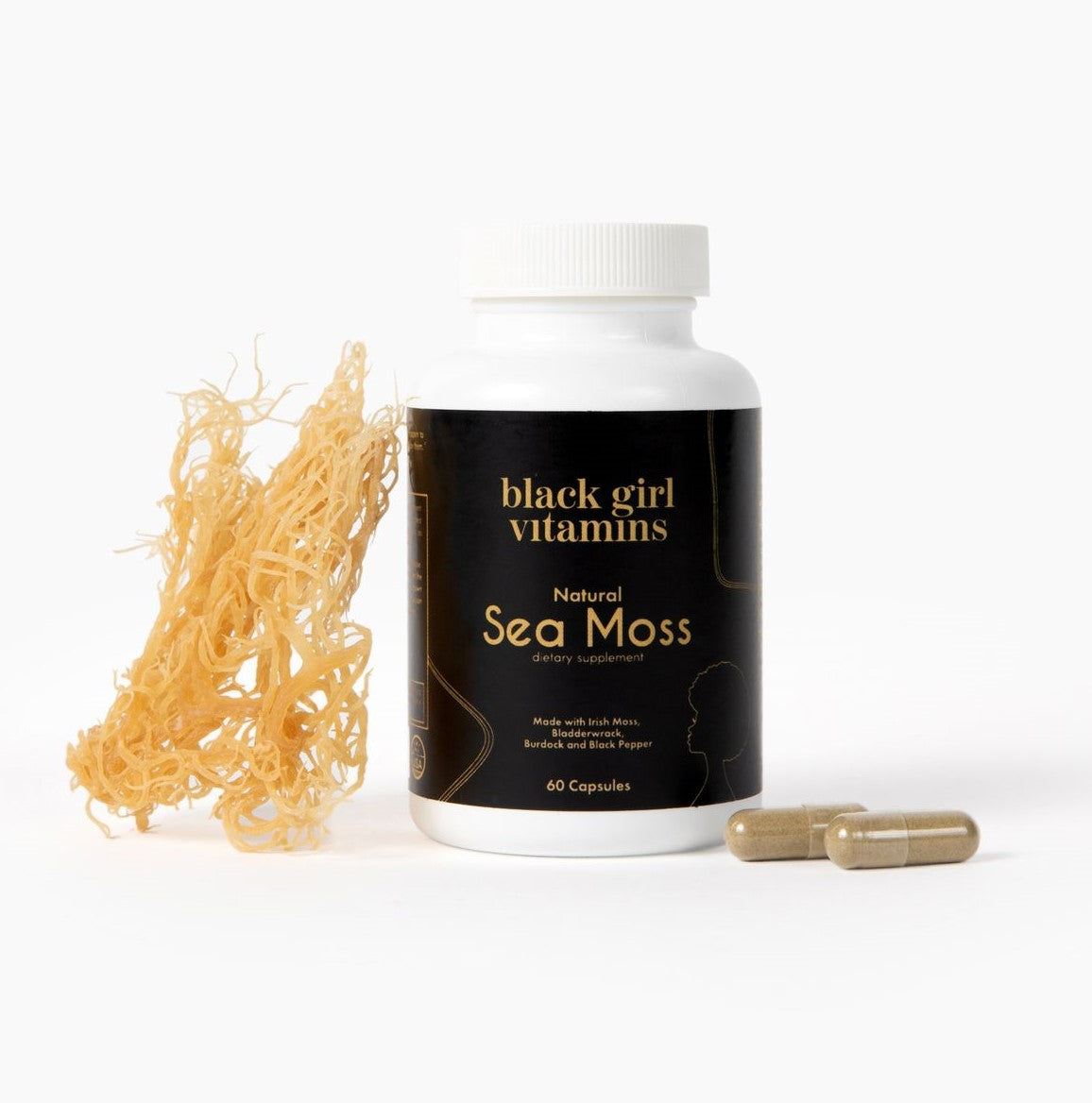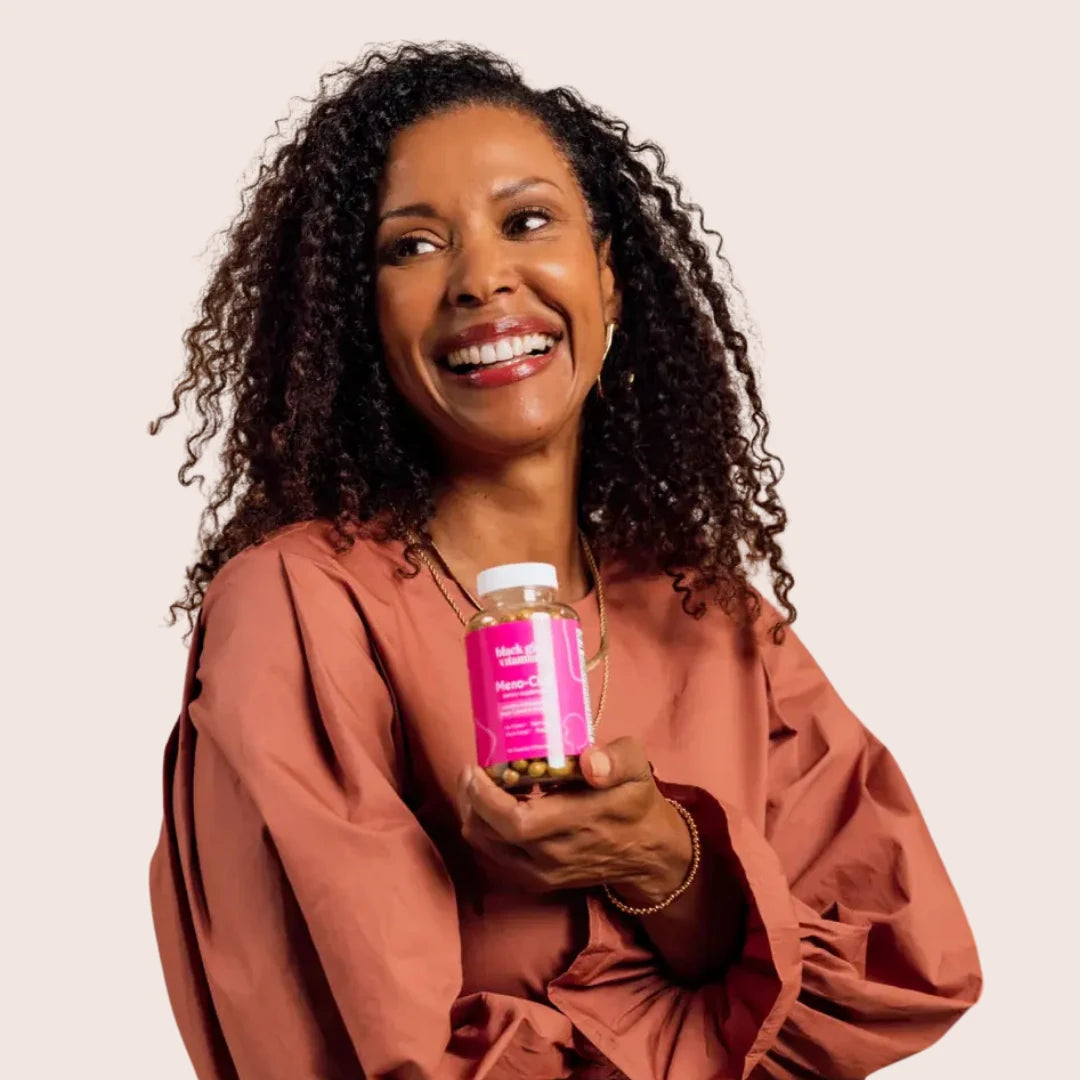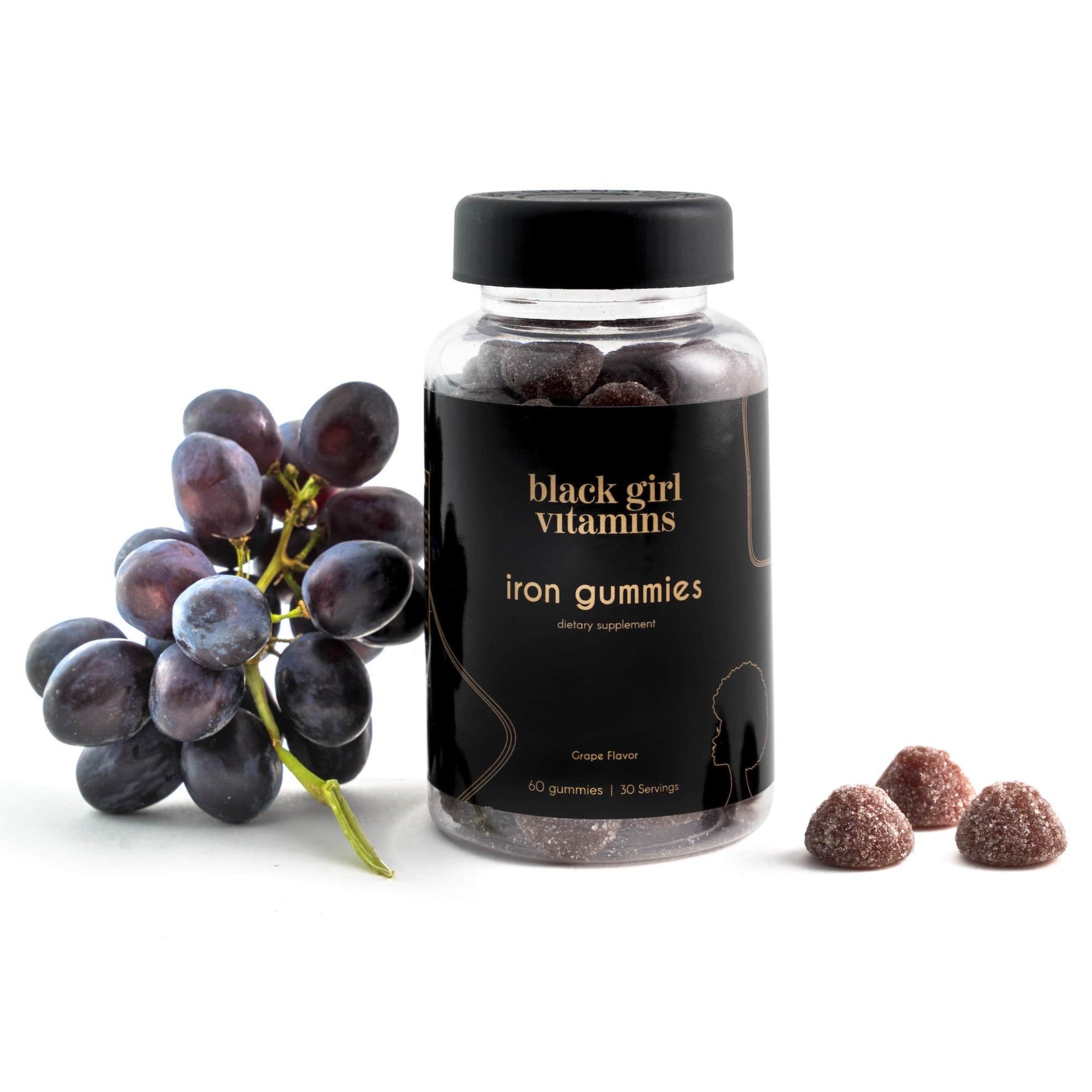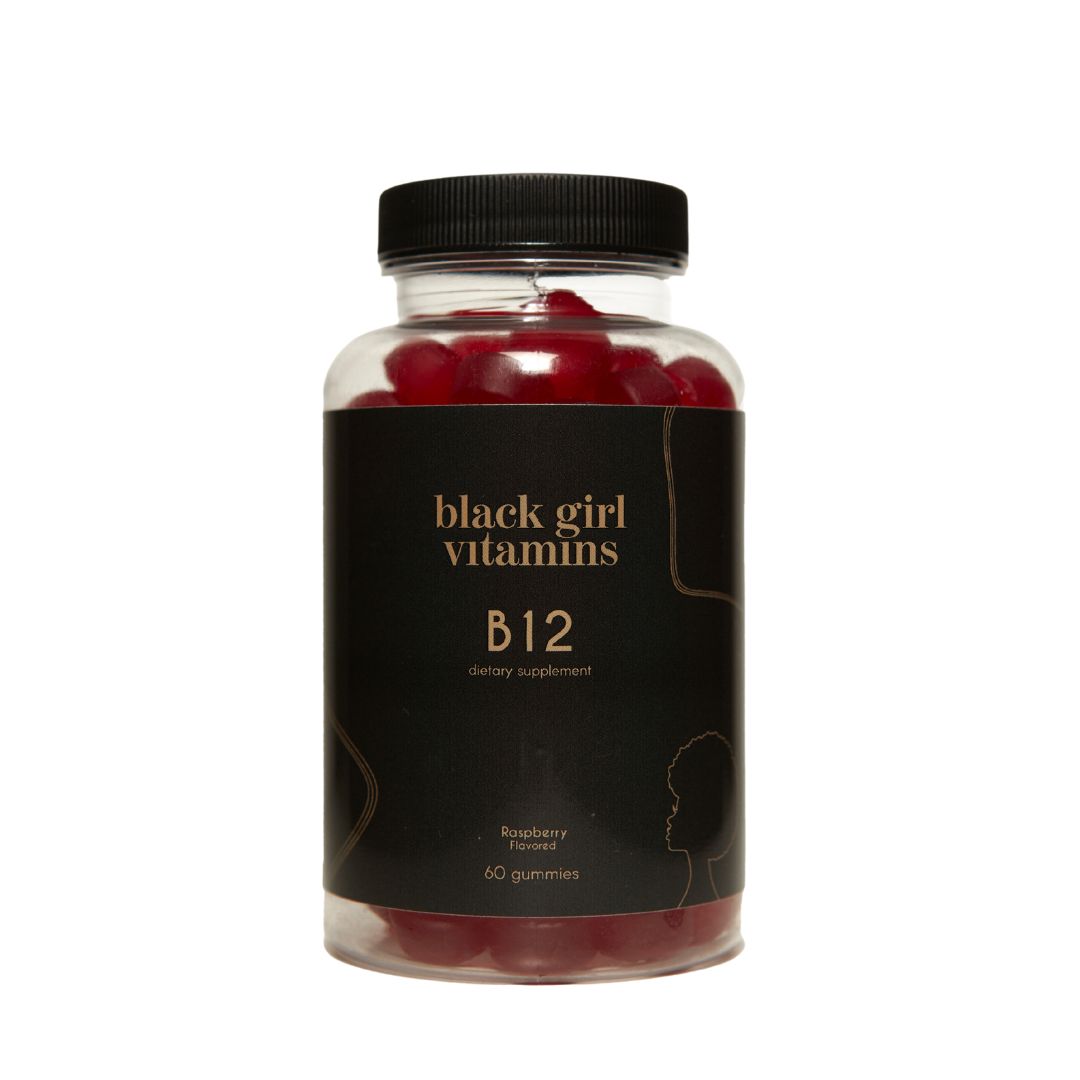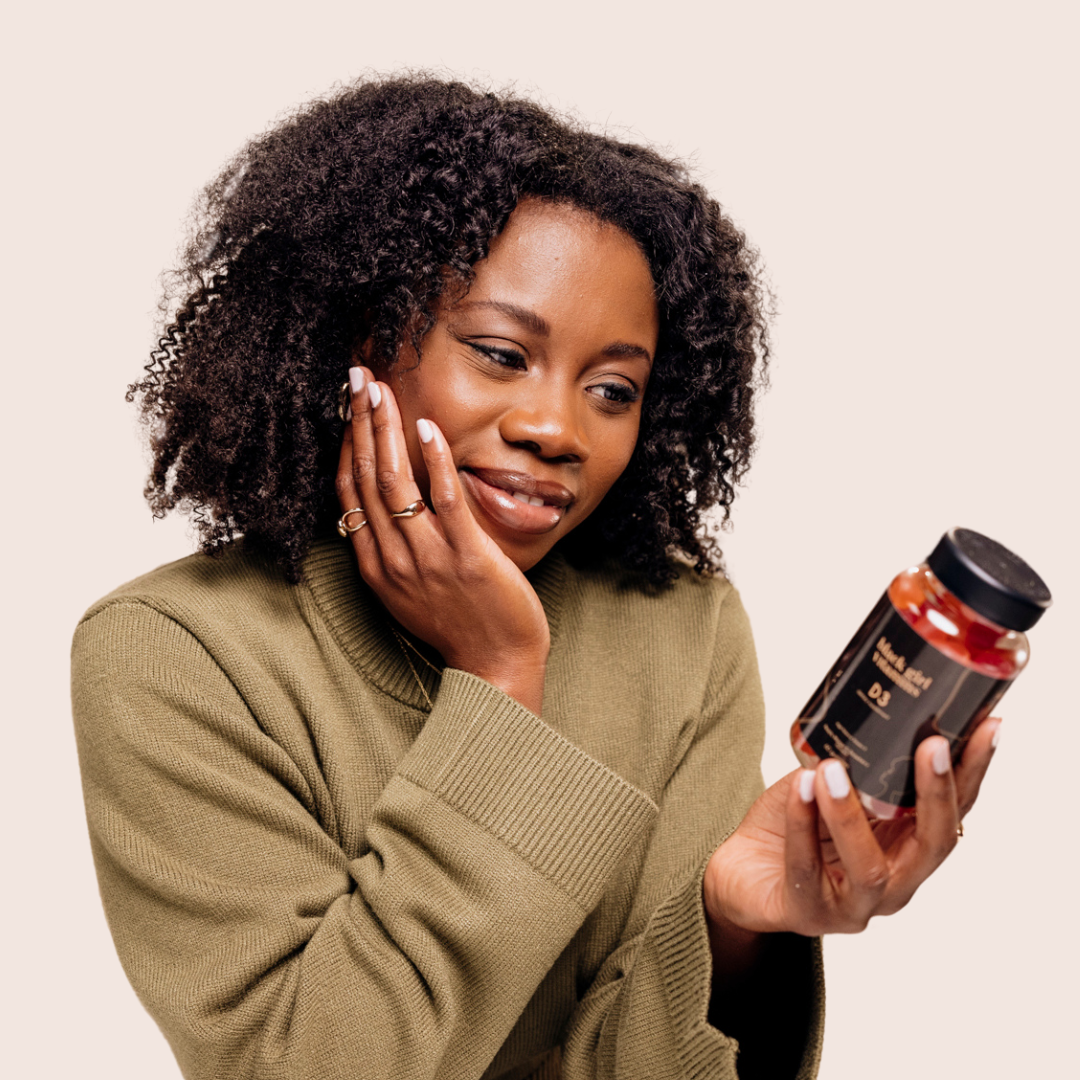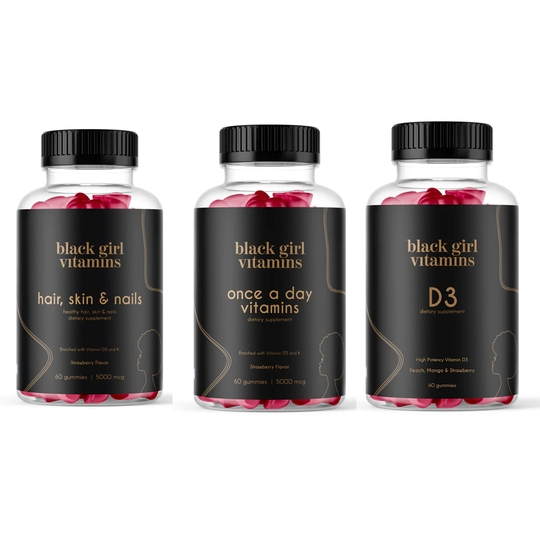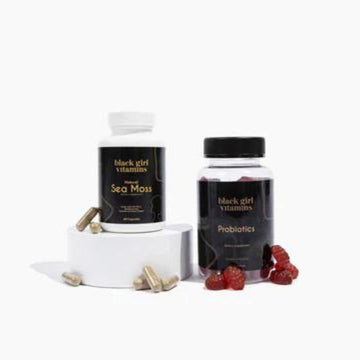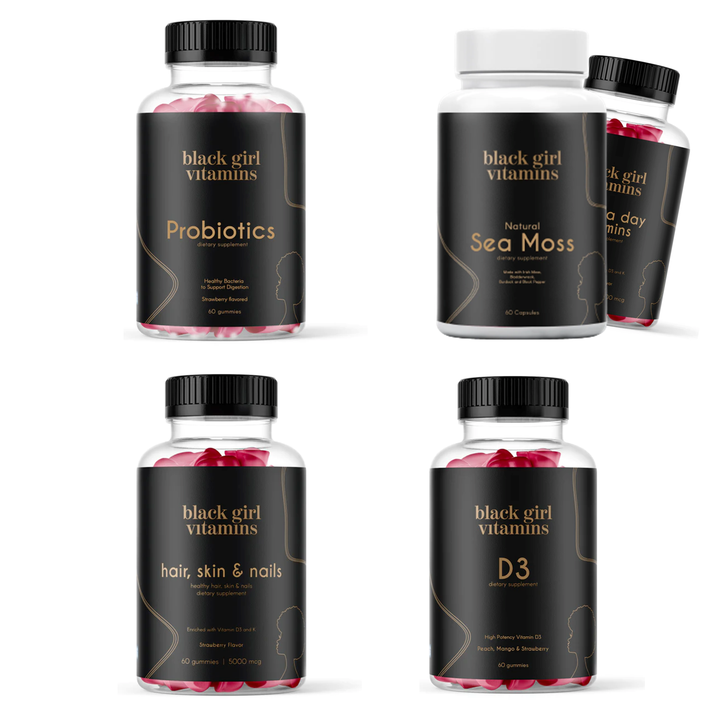HIGH CHOLESTEROL IN BLACK WOMEN
ARE YOU AT RISK FOR A HEART-ATTACK? HIGH CHOLESTEROL IN BLACK WOMEN
Ganiyat Adeniji for Black Girl Vitamins
If you were to visit a busy hospital and observe medical consultations with Black women, you would probably encounter at least one with a heart condition. According to the American Heart Association (AHA), heart disease claims the lives of nearly 50,000 African-American women each year, making it the leading cause of death among Black women in the U.S. Among African-American women aged 20 and older, 59 percent are living with cardiovascular disease. These statistics are alarming, yet it seems that many of us remain unaware of the risk of heart disease, a fact that is often reflected in our daily lifestyle choices and preferences.
Some of the main risk factors for heart disease are obesity, high blood pressure, diabetes, smoking, and physical inactivity. The average Black woman can likely identify with at least one of these factors. Yet, we owe it to ourselves to take care of our heart health to prevent or delay the onset of cardiovascular complications, such as heart attack, stroke, and heart failure. Reducing our chances for these complications begins with our diet because eating foods high in saturated fats, trans fats, and cholesterol has been linked to heart disease and related conditions.
Can High Cholesterol Cause Heart Attacks?
Cholesterol is a waxy material that our bodies need to make cells. But if we have too much of it, it can have a negative effect on the heart health. This cholesterol moves around in our blood on lipoproteins, which can be either low-density (LDL) or high-density (HDL). LDL is often known as the "bad" cholesterol because it can stick to the walls of our arteries and form a kind of greasy matter called plaque. This plaque can block or reduce blood flow, increasing our chances of a heart attack. On the other hand, HDL is often called the "good" cholesterol because it helps to carry cholesterol away from our arteries and back to our liver, where it can be eliminated. Cholesterol levels in black people have been a constant cause of concern.
High cholesterol often does not present any symptoms, which is why many people are unaware they have it. This makes regular cholesterol checks very important. Your doctor can measure your cholesterol levels by conducting a lipid profile - a simple blood test. This involves taking a small blood sample from your arm or finger. It's a straightforward procedure that can provide necessary information about your body’s cholesterol.
Why are Women More at Risk of High Cholesterol?
Women are likely to have low cholesterol levels during their reproductive For some women who've had normal cholesterol readings all their lives, that changes at menopause. Lower estrogen levels in women, as a result of menopause, lead to increased total cholesterol, driven by higher levels of LDL ('bad' cholesterol) and triglycerides.
How Do I Lower My Cholesterol Levels?
Stick to a healthy diet and lifestyle that’s good for your health. This means eating more fruits, veggies, whole grains, and lean proteins, and staying away from saturated and trans fats, added sugars, and too much salt. When it comes to your diet, certain natural substances have been shown over time to effectively regulate cholesterol levels in the body. Also, get regular exercise - aim for at least 30 minutes a day, five times a week. This can help improve your blood flow, lower your blood pressure, and burn off calories.
If you have discovered that you have high cholesterol, you ought to take steps to improve your heart health and lower your risk of complications. Lucky for you, Black Girl Vitamins Choles-control has a powerful blend of natural ingredients that supports healthy cholesterol levels, promotes blood flow & normal blood pressure, supports healthy lipid metabolism, and improves overall heart health.
The Power of Choless-control
With Choless-control, every capsule can make a big difference. Some of the ingredients include:
- CoQ10: Coenzyme Q10 (CoQ10) is a natural antioxidant that our bodies make. Some studies suggest that CoQ10 helps lower the levels of LDL and total cholesterol in people with diabetes, which could reduce their risk of heart disease.
- Red Yeast Rice: Red yeast rice extract is a traditional Chinese medicine that's been found to lower cholesterol. It has several ingredients proven to help control cholesterol levels, including a few types of monacolins, with monacolin K being the most important one.
- Garlic Extract: Garlic has a special compound called allicin that's observed to help lower cholesterol. Some research has found that it can lower LDL levels in just eight weeks.
- Niacin: Niacin supplement, also known as vitamin B3 has been used for a long time to lower triglycerides and increase HDL. The increased "good" cholesterol then helps get rid of LDL (the "bad" cholesterol) from our bloodstream.
BGV Choless-control is an excellent choice when considering cholesterol supplements for Black women. It is packed with essential ingredients and offers additional benefits. Numerous black women have already testified to the efficacy of this supplement in sustaining healthy cholesterol levels- see reviews.
Using Choless-control regularly will bring you the benefits necessary for your heart health. It works to lower your LDL (that's the bad cholesterol), boost your HDL (the good cholesterol), support healthy blood flow, and stop cholesterol from oxidizing. It is effective without side effects, this is why it is considered the best cholesterol supplement for Black women.
Disclaimer: Heart disease is a serious health concern, especially among African-American women. The statistics mentioned in this article are meant to raise awareness and encourage proactive measures for heart health. It's important to note that everyone's health is unique, and individual medical advice should be sought from a qualified healthcare professional. The information provided here is for educational purposes only and should not replace personalized medical guidance. Remember, taking care of our hearts is a collective effort, and together we can make a positive impact on our well-being
Reviewed by Bryanne N. Standifer-barrett, MD





